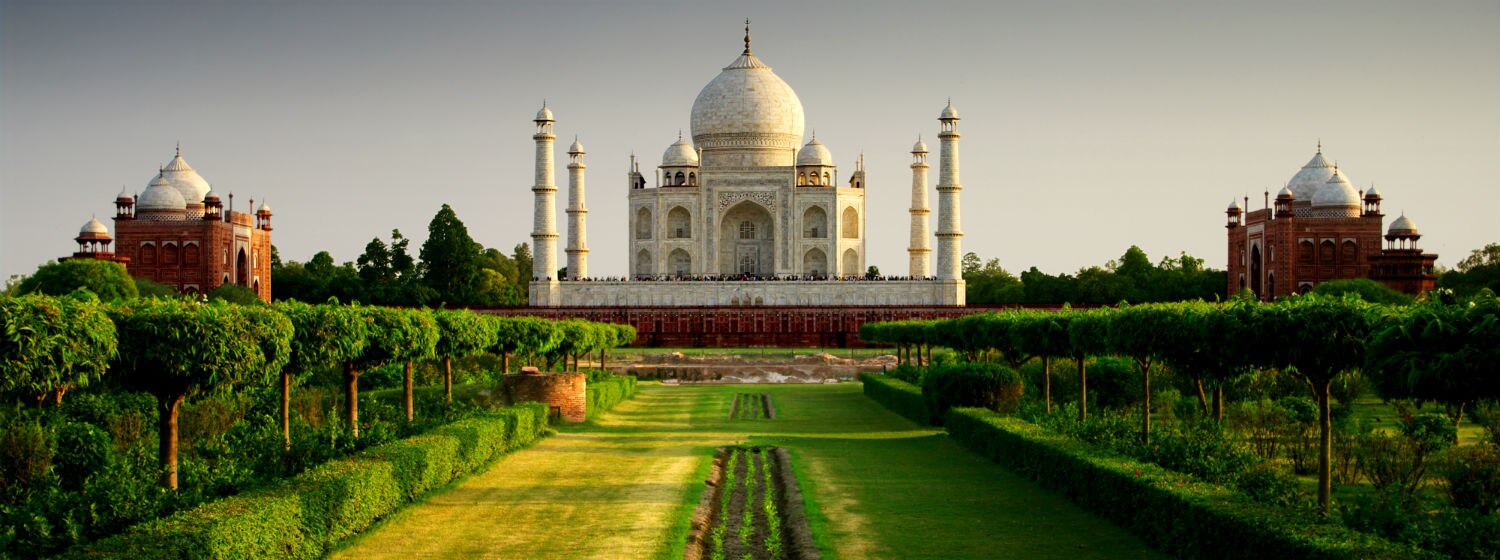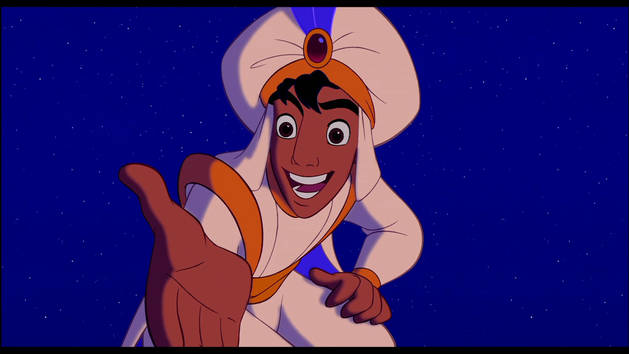Representations: Thoughts on Casting for Aladdin
Disney Twitter proves interesting; news about casting for the live action Aladdin film emerged. The director mentioned having trouble finding a proper cast. Guy Ritchie is seeking a Middle Eastern or Indian man in his mid-twenties who can sing.
Twitter exploded. Some people pointed out that Bollywood has made an industry out of teaching Indians to sing and dance. Others point out in turn that Aladdin isn’t a South Asian tale, and that having a Middle-Eastern cast would fit better. This last bit confused me, for reasons I will point out below.

An Addition
“Aladdin” is not in the original One Thousand and One Nights, a written record of a wife entertaining her murderous husband with stories. Antoine Galland added it to a French translation; he heard the tale from an “Arabian storyteller”. The same would hold for “The Seven Voyages of Sinbad the Sailor”. That explains a lot since the tales in One Thousand and One Nights have stories within stories, intricate plotlines that confuse the modern reader, and long narratives. Scheherezade worked hard to master her cliffhangers.
Also, the story doesn’t take place in a fictional Arabian country. Aladdin is a lazy Chinese boy who finds two genies that grants wishes. He marries a princes thanks to those genies, and thwarts the magician that spirits her off to the Barbary Coast. The princess falls for disguises easily, and Aladdin uses magic to solve his problems.

Disney Ambiguity
In the Disney film, while Aladdin and Jasmine do travel the world in a gorgeous scene, they aren’t Chinese or East Asian. The couple lives in the fictional Agrabah, the setting for “Arabian Nights” and a tale about how appearances can be deceiving. The animators considered setting the story in Baghdad, Iraq. Jeff Katzenberg, studio chief, vetoed this and many other decisions. Let us mourn “Proud of Your Boy” being cut from the animated version.
As an Indian kid I didn’t know about the Middle Eastern setting. Agrabah and its palace closely resembles Agra and its Taj Mahal. Agra was founded by Muslim Mongols, who would spread their empire. It seemed to make sense to me as a kid that the Sultan was a Mongol who didn’t impose his will on Hindu natives. A trip to the Taj Mahal while on family vacation aided this belief.
Other people agree. When I mentioned identifying with Jasmine, other Twitter users said they have done the same. They saw themselves in a street rat that became a prince, and a princess that sought friendship.


Who Owns the Story
This brings up the important question: who can play Aladdin? Who can play his princess? I saw myself in Jasmine, especially in the animated series, but do I own her? Can I claim an Indian unknown with a singing voice could play her? Or do I have to cede that claim?
The origins make this question more complicated. An “Arabian” storyteller, whom we can assume had Middle Eastern roots, set their tale in China. They made their Aladdin a wayward Chinese boy, who doesn’t match the pop culture view of the lucky master. Disney transplanted the setting to Baghdad, and then to the fictional Agrabah.
I don’t know if I have the right to defend letting Dev Patel try out for Aladdin, if this isn’t an Indian story. Typecasting tends to put Middle-Eastern actors and actresses in negative roles, while whitewashing people of color. We remember the Ghost in the Shell controversy.
We can only watch for Guy Ritchie to select, and face the social media backlash. The Twitter discussion opened my eyes to new concerns about diversity and representation. Maybe I don’t have the right to ask for an Indian Aladdin, as someone who thought Jasmine and her father were Mongols. I’ll just step back and find out who deserves the grand high adventure, and the magic carpet.



